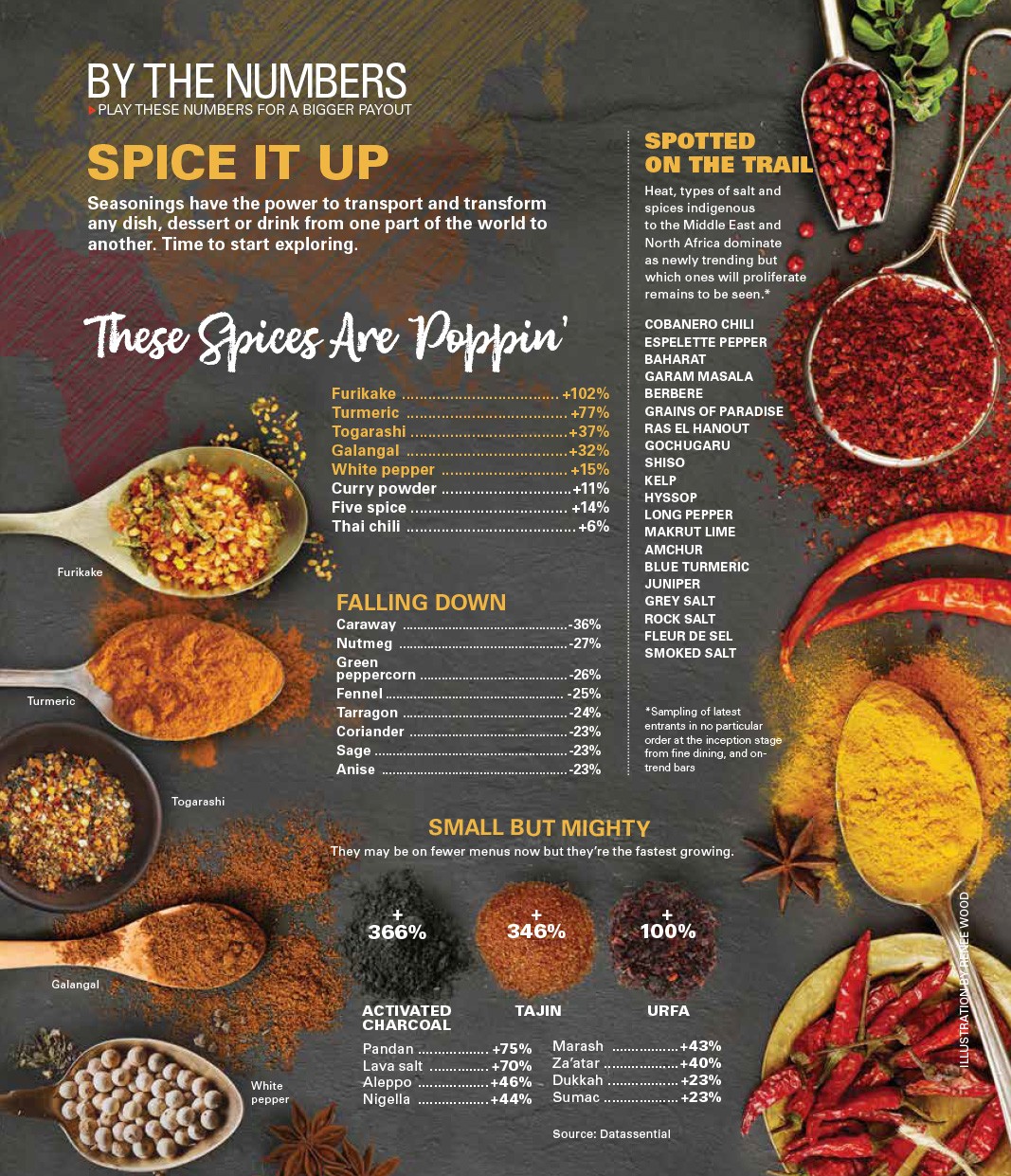Accommodating Hearing- and Visually-Impaired Employees in Restaurants
Hiring employees with impairments is a worthy investment
While working at Muriel’s in New Orleans, Guy Sockrider learned that one of the line cooks, Pinky Harris, was legally blind.
It was easy to overlook Harris’ disability, because she never missed a beat: She could see shapes and colors, and could check for doneness by touch or the amount of steam coming from the pan.
Harris was so good, in fact, that Sockrider brought her along when he left Muriel’s. Today, they work together at Tomas Bistro, where Sockrider is executive chef.
“She was like any other line cook,” Sockrider says. “I quickly trained her on how to prepare the food and where to find the prep. She was always on time, ready to work, and she did a great job.”
Though employees with disabilities thrive within the restaurant industry, many owners still have reservations about hiring employees with visual or hearing impairments. In reality, hiring these individuals is a worthwhile investment that can improve the bottom line.
While some labor- and time-strapped operators might be hesitant to take on an employee who needs extra support on the line, Uncle Sam offers a little help.
Most state human services departments and advocacy organizations offer subsidized career training programs for individuals with hearing or visual impairments. Eligible small businesses can also receive a tax credit of up to 40 percent of the first $6,000 of first-year wages of a new employee with a disability under the Work Opportunity Credit, provided the employee has a certified disability.
Subsidized career training helped Tony Simmons land a job as a dishwasher at Chicago’s Ben Pao in 2005 after Chicago Lighthouse, a nonprofit social service agency, approached then-partner-general manager Ed Culleeney.
But Culleeney wasn’t completely sold on the idea. “A person who can’t see, working in a restaurant? How are they going to do this?”
With the incentive that training would be paid and provided for by Lighthouse during a three-week period, Culleeney decided to give Simmons a shot. At the end of the training, Culleeney could decide whether to keep him. Simmons picked up the job quickly, and worked as a dishwasher at Ben Pao for five years. Today, he is still employed as a dishwasher through their parent company, Lettuce Entertain You Enterprises.
Unique Superpowers
Don’t look at impairments as an inability to perform—but rather an ability to perform differently. At Ben Pao, Culleeney says that Simmons cleaned dishes even better than his sighted peers, because he relied on his sense of touch to feel whether there was residue left on the plate.
The visually impaired staff excelled at now-shuttered New York restaurant Dans Le Noir, a concept where diners enjoyed a meal in complete darkness. Every staff member hired needed to be adept at maneuvering in the dark. “At times, they were more precise than a sighted person,” says Marco Valente, former general manager and director of operations.
At Italian restaurant Mozzeria in San Francisco, owners Melody and Russell Stein are deaf–and so is each staff member they employ. “Deaf people are known to have sharper visual capabilities, and these abilities can conveniently be put to use in restaurants,” says Melody Stein. Diners use visual cues to get servers’ attention, for example, and there’s a pad and pencil at every table to ease communication.
Jonathan Weiss, co-owner at Big Mango Catering & Cafe in Playa Vista, California, is deaf and also employs deaf staff members. He says that reading lips has been an asset during his 40 years in the restaurant business, but it’s not a requirement for a deaf restaurant employee to be successful.
Like any employee, it’s important to recognize the strengths of each staff member and assign roles that fit. At Mozzeria, deaf employees fill both front- and back-of-the-house roles. For the blind or those with serious visual impairments, front-of-house positions that involve maneuvering through a crowded dining room may not be the best fit, says Valente.
Steadfast Dedication
Discrimination in the workforce is still an issue. Only 17 percent of individuals with disabilities were employed in 2014, according to the Bureau of Labor Statistics. So disabled employees are often grateful and eager to do well.
“Employers who have hired deaf people have often found them to be responsible, reliable and motivated, simply because they are given these opportunities,” Stein says.
Culleeney says Simmons never missed work and was never late. “He really cared about his job,” he says. In fact, he would go above and beyond to clean additional pots and pans, and help other employees clean up.
That effort didn’t go unnoticed by his peers. “At the beginning, the other employees thought I was nuts. But once they started working with Tony, they were impressed and inspired by his dedication,” Culleeney says. “His presence really bonded the team. They even worried about giving him steak knives to clean, which turned out to be something he laughed at.”
A Community of Kindness
H Street Country Club in Washington, D.C., is a popular hangout for many deaf customers because it’s near Gallaudet University, a private university for the deaf and hard-of-hearing. That’s part of why owner Ricardo Vergara employs deaf and hard-of-hearing staff, but it’s not the only reason.
“Anytime you can add diversity to your staff, you’re more representative of the community,” says Vergara. “We want individuals who are deaf or hard-of-hearing to have a good time… and I think the hearing community thinks it’s great, too.”



